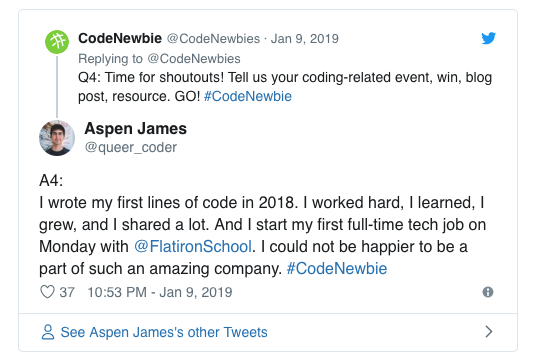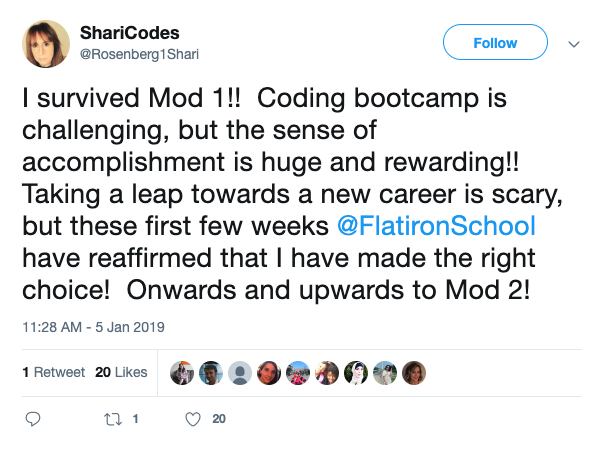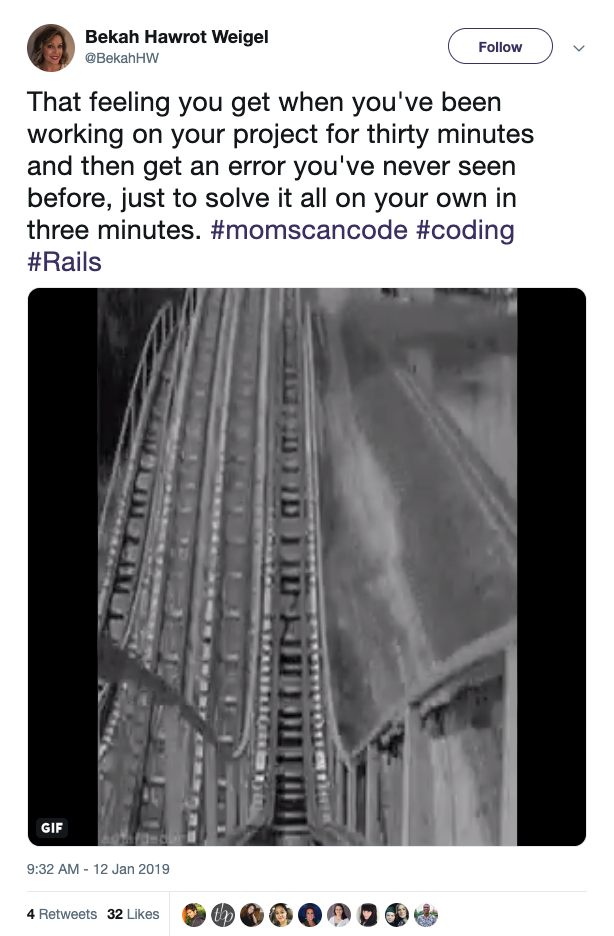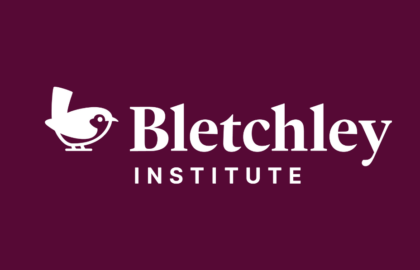The 10 Scariest Things About Learning to Code — and Why They’re Not Scary at All

Learning something new can be scary. There’s often that voice inside your head telling you that you’re not good enough, or worse yet, that you're going to fail. Often with something like code, that voice can be even louder than usual.We’re here to tell you that having that doubt is normal. While everyone experiences that […]
Learning something new can be scary. There’s often that voice inside your head telling you that you’re not good enough, or worse yet, that you're going to fail. Often with something like code, that voice can be even louder than usual.We’re here to tell you that having that doubt is normal. While everyone experiences that initial fear, your doubts should never hold you back. Below are the 10 scariest things about learning to code, and the 10 reasons why those scary things actually shouldn't be very scary at all. Now, go out there and learn to code with confidence!
All that math!
With coding, there's a misconception that you have to be “good at math,” or naturally math-inclined, to learn to code. To think of math as an insurmountable obstacle is limiting yourself and what you’re capable of achieving. If you’re a problem solver, enjoy learning about processes, or like diving deep into subjects, then you can learn to code — no doubt about it. You will learn math and mathematical concepts as you learn to code, that’s a given. However, a good curriculum can teach you to code while also teaching you how to learn. Flatiron School has turned lawyers, musicians, and other individuals with no technical experience into software engineers.
It’s too hard
So is running a marathon if you never ran a mile before. You don’t go from zero to 26.2 miles. Instead, you train and follow a regimen to build the physical skills you need to complete a marathon. This can happen over weeks or months, but you’ll be able to run a full marathon by the end. The same attitude and philosophy apply to learning to code.

https://twitter.com/queer_coder/status/1083194980435251200
If you take a building block approach, you can become a software engineer if that’s your goal. You’ll learn new skills, face challenges, maybe hit a wall, but you’ll always have the tools to overcome that obstacle.
I don’t know where to start
This is another situation where you're looking at the Big Picture and not at all the parts that comprise it. Start small and you'll quickly see a few places to begin. Start with finding the reason why you want to code. Next, identify the programming languages you need to learn to achieve that goal. Keep building and you'll get there in no time.
There are too many programming languages
That's true! But, there are only a few programming languages for each task or role. If you want to learn front end web development, for example, there's HTML, JavaScript, and CSS. If it's mobile app development, you should learn Swift for iOS apps and Java or C/C++ for Android apps.
I’m not sure what to do after I learn to code
Why did you want to learn to code in the first place? What did you like about learning to code? These questions should help you decide on what to do next. Also, there’s no end to the learning process. You continue to learn, practice, refine, and improve over time. Much like learning a new language, you’ll only get better if you use those new skills.
It’s different than what I’ve done before
That’s why you chose to learn to code! There’s something special when we try something outside of our comfort zone. There’s the sense of accomplishment and the feeling that you can tackle anything that you set out to achieve. Take that energy, scary as it may seem at first, and channel it to everything else on your To-Do List.
Failure IS the process
When you fail, you learn. That's especially true when you're learning to code. There will be bugs. Your code will fail. After you identify a particular bug and things start working again, another bug appears! That's frustrating, but you're not alone. There's an incredible community out there who has encountered those same bugs and are willing to help.

https://twitter.com/Rosenberg1Shari/status/1081633447624523781
Impostor syndrome
You’ll likely look around and think that no one will accept you. You’re worried that the “real” developers will know you’re a fraud or you’re learning code as a mere hobby. Forget all of that. Every developer or software engineer started out as a code newbie just like you. If there are people who are looking down on your efforts, find a new group of people who give you a sense of community and provide the support you need.
I don’t know if I will fit in
And that’s fine. Every community has people who run the gamut from serious to funny to shy to bombastic. Just know, your differences will add even more value to a community. Your background and experience will add a new perspective or spark a new idea. Further, you’ll help someone else who feels different take that step.
The pursuit of mastery

https://twitter.com/BekahHW/status/1084141113085177857
Everyone enjoys the feeling they get when they’ve mastered something. All that hard work has led to the moment where you do something difficult with ease. Maybe it’s running that marathon, baking a three-layered cake, or crushing a serve. Whatever it is, it’s easy to bask in that moment and forget all the hard work that led to that sense of accomplishment. While the work may not always be fun, the reward will be worth all your effort. Good luck!
Disclaimer: The information in this blog is current as of January 16, 2019. Current policies, offerings, procedures, and programs may differ.



